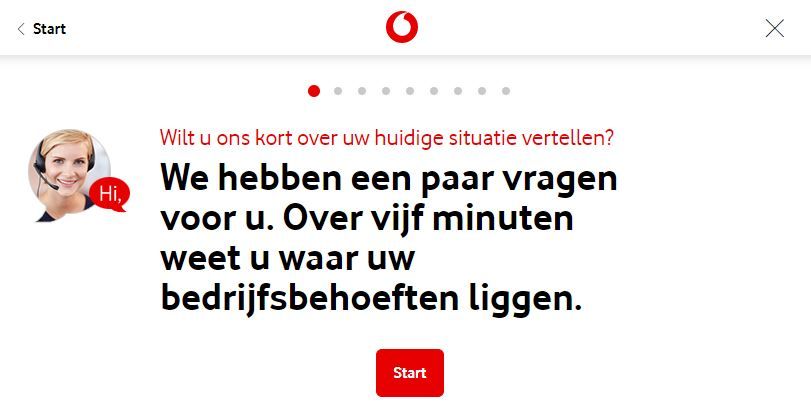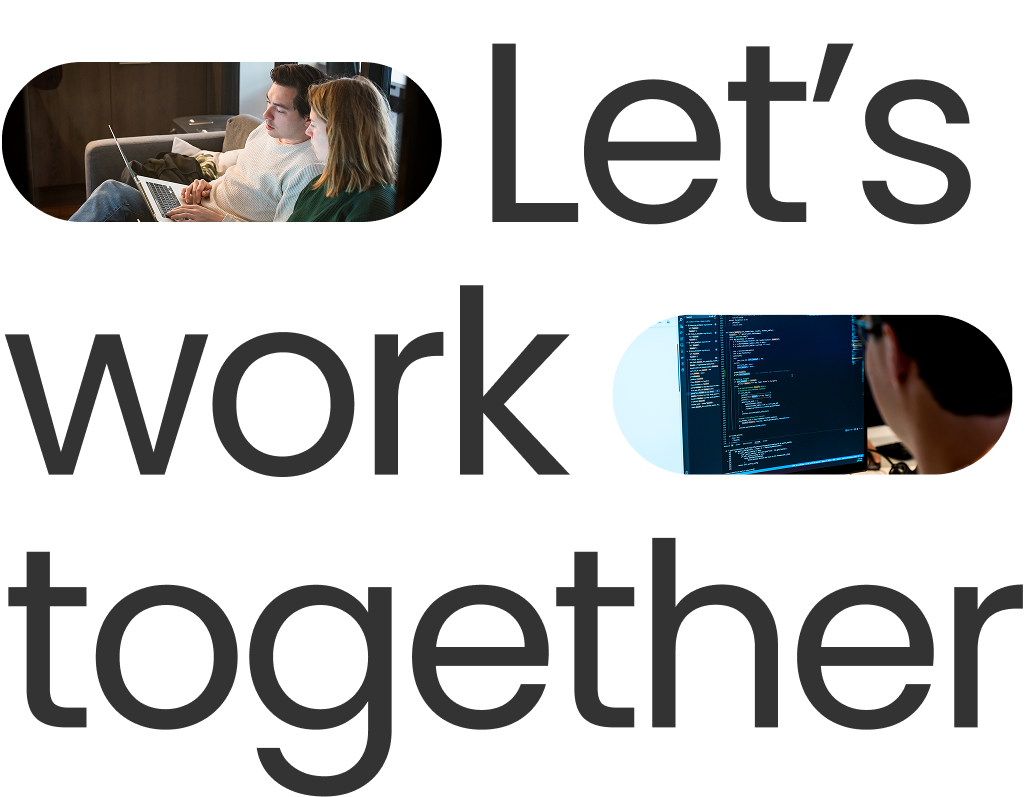

With the aid of Vodafone Ziggo’s marketing and development teams, a team of data engineers and machine learning engineers from Xomnia created the business scan on VodafoneZiggo’s website. The scan asks the client questions about their needs, followed by questions about the client’s company itself (office location, size of premises, staff size).

Based on this information, a recommender engine will suggest the best products for the customer. The recommender engine provides those suggestions based on the services used by similar existing customers. This solution involves machine learning via a gradient boosting framework that uses tree-based learning algorithms. As a backup, the recommender engine also uses a set of rules to avoid incompatible product combinations.
At this stage, the questions that appear in the business scan are generic to all users, but in the coming few months, the team will work on making the machine learning more transparent, so that it can also explain why a specific recommendation was given. This will be done by making the recommender engine incorporate more personalization, which will allow following more dynamic paths, so that questions change based on answers given to earlier questions, and redundant questions are eliminated. This will further enhance the experience of the customer and allow for even more personalized product recommendations.
It is worthy to note that the telecommunications provider has recently moved from an on-premise environment to the cloud, and this project is among the first to integrate Artificial Intelligence in the new cloud environment and integrate it in other systems within the company.
The recommender engine is at the end of phase 1 (minimum viable product). However, it is already helping customers on VodafoneZiggo’s website in what they need from among all of the possible products and services. This shows that using machine learning to create a more personalized experience adds value for both the businesses and VodafoneZiggo.
